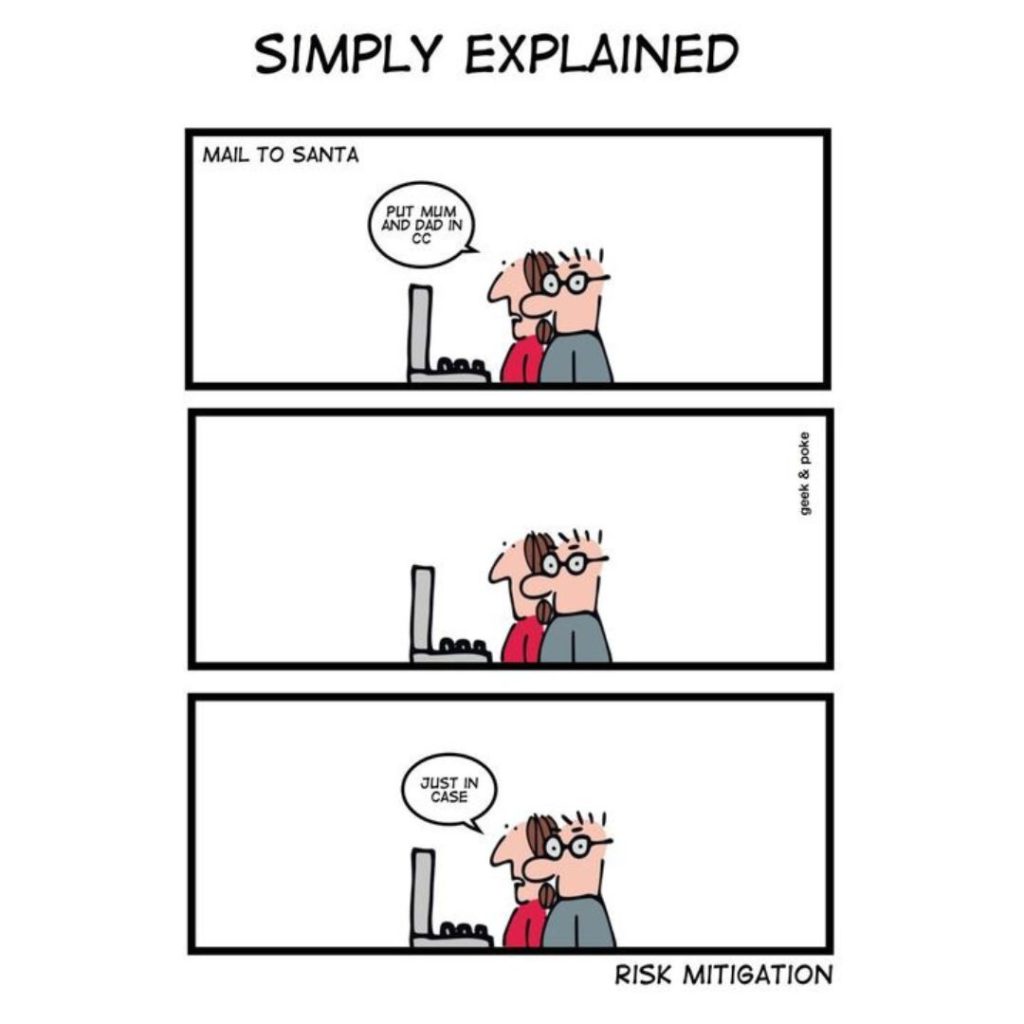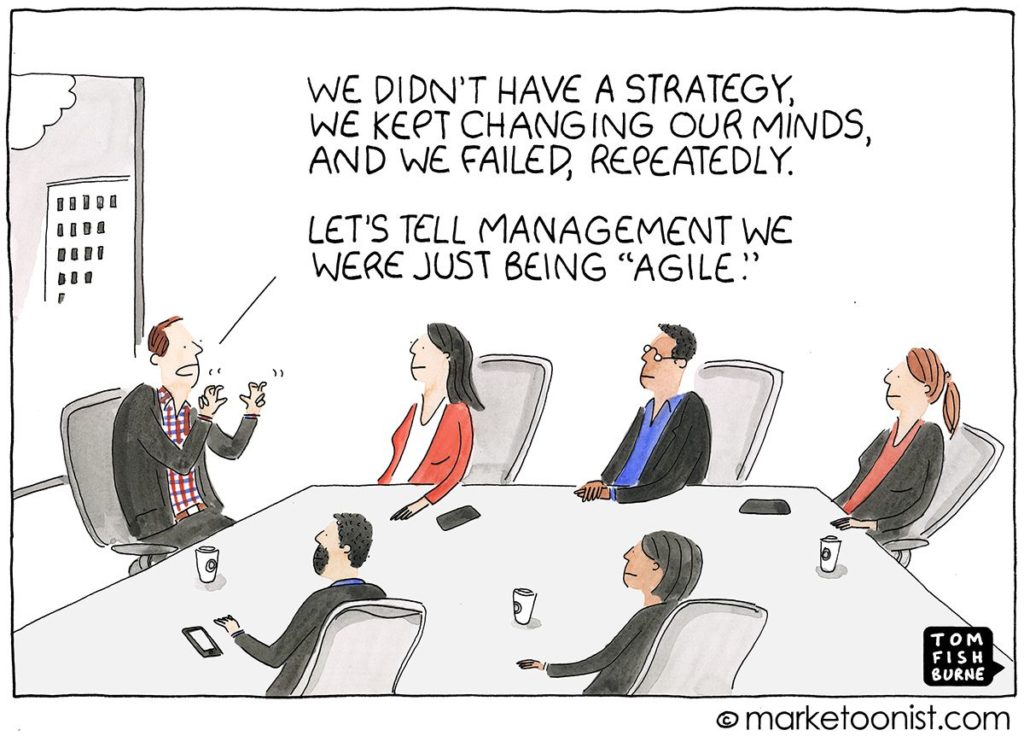It’s a gnawing feeling in the pit of your stomach, like a slow leak you can’t quite pinpoint. You come to work each day, head held high, ready to contribute using your project management training, but the air hangs heavy with unspoken anxieties. It’s like being on a sinking ship, where everyone knows the inevitable but pretends not to see the water rising.
We all have experienced poor project management characteristics:
- Disillusionment: You joined this project with passion, believing in its potential. Now, that fire dwindles with each missed deadline, each unclear goal, and each conflicting message from leadership. Frustration festers, replaced by a hollow sense of “What’s the point?”
- Powerlessness: You see the cracks in the foundation, the storm clouds gathering, but your voice feels lost in the echo chamber. Suggestions go unheard, concerns are dismissed, and the ship sails on, seemingly oblivious to the impending iceberg.
- Isolation: You glance around, searching for shared glances, and silent nods of acknowledgment. But colleagues once united in enthusiasm, now retreat into their own anxieties, creating a chilling isolation. You wonder, “Am I the only one who sees this coming?”
- Doubting Yourself: The project’s failures start to seep into your self-worth. “Is it me? Am I not good enough?” you question. The line between project flaws and personal shortcomings blurs, leaving you vulnerable and unsure.
It’s not you; it’s poor project management training or the lack of recognition that robust project management training leads to profitable results.
- Check out our other blog article “5 Consequences of Poor Project Management“
- To avoid poor project management, you can check out the The Key Project Management Tool: Project Management Plan
The Grim Statistics:
- 70% of projects fail to meet their goals. (Source: Project Management Institute)
- Organizations lose an average of 9.9% of their annual revenue due to poor project performance. (Source: PMI)
- A staggering $1 trillion is wasted annually in the US alone due to ineffective project management. (Source: Standish Group)
The Learning Gap
While the prevalence of project failure is undeniable, the learning gap that often follows is equally concerning. Here’s why:
- Only 58% of organizations believe project management training is valuable. (Source: TrueProject)
- 42% of companies don’t understand the need for project management. (Source: TeamStage)
- Less than half of organizations consistently analyze past project failures to identify root causes and prevent future occurrences. (Source: Various industry reports)
Furthermore, we see the effects of poor project management training regularly.
Transform your team’s success with Master of Project Academy’s Corporate Training classes
Here are several high-profile cases from the past where project or product failures had a notable impact on companies’ financial performances:
Boeing
Boeing, one of the largest aerospace and defense contractors globally, faced significant challenges with its 737 MAX aircraft. After two fatal crashes involving the 737 MAX, the entire fleet was grounded worldwide in March 2019. This had a profound impact on Boeing’s financials, leading to billions of dollars in costs related to compensation for airlines, production changes, and regulatory scrutiny. The grounding and the associated fallout significantly affected Boeing’s quarterly earnings and overall financial health for several years. Do you think Boeing had an effective project management training program?
Intel
Intel, a leading semiconductor company, has faced multiple delays in its product roadmap, particularly around its transition to smaller, more efficient chip manufacturing processes. These delays have allowed competitors like AMD and TSMC to gain market share and have been reflected in Intel’s earnings reports, where the company has acknowledged the impact of these challenges on its financial performance and competitive position. We surmise that AMD and TSMC will likely invest in continuous learning and development opportunities such as project management training for its staff that contribute to its success, which could include:
- Professional Development Workshops: Sessions focused on the latest project management techniques, tools, and best practices.
- Certification Reimbursement: Support for employees seeking to obtain professional certifications such as PMP (Project Management Professional), Agile certifications, or other industry-recognized credentials.
- Internal Mentorship Programs: Pairing less experienced project managers with seasoned veterans to share knowledge, insights, and best practices.
- Online Learning Platforms: Access to online courses from platforms like LinkedIn Learning, Master of Project Academy, Coursera, or Udemy that offer project management training.
Facebook (Meta Platforms)
Facebook (now Meta Platforms) has experienced various controversies and operational challenges that have impacted its financial results at times. For example, changes in privacy regulations and the resulting adjustments to its advertising platform have affected revenue growth. While not a direct result of a single project or product failure, these challenges reflect broader operational and strategic issues that can influence quarterly earnings.
Snapchat
Snap Inc., the parent company of Snapchat, has faced its share of product-related challenges, such as the poorly received redesign of the Snapchat app in 2018, which contributed to a slowdown in user growth and negatively impacted advertising revenue. The company’s earnings reports around this period reflected the difficulties Snap faced in driving user engagement and monetization, highlighting the impact of product decisions on financial performance.
General Electric (GE)
General Electric has experienced several operational and strategic challenges across its various business units, including issues related to its power, renewable energy, and capital segments. Project delays, cost overruns, and restructuring efforts have periodically affected GE’s financial results, leading to missed earnings expectations and necessitating a significant organizational overhaul.
These examples underscore the complex interplay between project execution, product development, and financial performance. They highlight the importance of robust project management training and strategic agility in navigating the challenges inherent in bringing products to market and executing large-scale projects.
Tesla
While a successful company overall, Tesla has encountered challenges with production delays and quality issues surrounding some of its new vehicles, impacting their projected timelines and potentially affecting future earnings.
1. Missed Deadlines and Production Delays:
- Tesla has faced criticism for missing deadlines on several projects, including the Cybertruck and the Semi truck. These delays can indicate challenges in estimating project scope, allocating resources effectively, and managing risks – areas where robust project management training can play a crucial role.
2. Quality Issues and Production Ramp-Up Challenges:
- Some Tesla vehicles have encountered quality control issues, raising concerns about consistency and adherence to standards. This could potentially point towards inadequate quality control processes or communication gaps between engineering and production teams, which effective project management training can help address.
3. Scaling Up Production and Managing Complexity:
- As Tesla scales up production and introduces new models, managing the increased complexity can be challenging. This necessitates strong project management skills to ensure efficient coordination across various teams, departments, and suppliers.
Uber
The ride-sharing giant faced regulatory hurdles and public controversies in various markets, impacting its expansion plans and potentially affecting its projected growth. This stemmed from a lack of systematic leadership and a project management training approach.
1. Regulatory hurdles and market complexities:
- Uber’s expansion into new markets often involved navigating complex regulations and cultural nuances. Effective project management training could have involved in-depth market research, stakeholder engagement, and contingency planning to address these challenges proactively.
2. Public controversies and reputational damage:
- Uber faced public backlash regarding its labor practices and safety concerns. Stronger project management training could have emphasized ethical considerations, risk identification, and proactive communication strategies to mitigate potential reputational risks.

3. Efficient resource allocation and cost management:
- As Uber diversified its offerings, managing resources across various projects effectively became crucial. Project management training could have equipped teams with skills for resource allocation, cost estimation, and budget monitoring to ensure efficient utilization of resources.
4. Adapting to evolving market dynamics:
- The ride-sharing landscape is constantly evolving, with new competitors and regulations emerging. Robust project management training could have fostered a culture of adaptability, continuous improvement, and data-driven decision-making to respond effectively to changing market conditions.
Learning from Failures: A Missing Link
Despite the high stakes of project failure, the integration of lessons learned into future project planning is not as widespread as one might expect. Several factors contribute to this gap:
- Lack of Systematic Review Processes: Many organizations lack formal processes for capturing lessons learned at the conclusion of a project. Without structured review sessions or documentation practices, insights into what went wrong (or right) are not effectively captured or shared.
- Cultural Stigma Around Failure: In some organizational cultures, there’s a stigma associated with failure, which can deter team members from openly discussing mistakes or lessons learned. This fear of reprisal or embarrassment can suppress valuable discussions that could prevent future failures.
- Failure to Apply Lessons Learned: Even when lessons are captured, they are not always applied to future projects. This can be due to several reasons, including organizational silos that prevent the sharing of knowledge, the dynamic nature of projects that make direct application of past lessons challenging, and a lack of mechanisms to ensure that lessons learned are integrated into project management practices and training.
- Inadequate Training: There’s often a gap in project management training regarding how to effectively learn from past projects. Training programs may focus more on methodologies and tools rather than on critical thinking, reflective practices, and adaptive learning strategies that encourage learning from past mistakes.
Start your journey today by enrolling in Master of Project Academy’s courses:
Read more about PMP Online training.
Breaking the Cycle
But even when the odds seem stacked against you, there’s hope. Here’s how to rise above the impending doom:
- Be a Documenter: Keep a record, raise red flags, create a paper trail. This protects you and helps future teams learn from the mistakes.
- Seek Support: Talk to trusted colleagues, mentors, or even external advisors. You don’t have to weather this storm alone.
- Master Your Domain: Whether you are in agriculture, manufacturing, transportation, or software development, double down on your individual tasks, deliver excellence within your sphere, and maintain your personal integrity.
- Become the Future Leader: Analyze the project’s flaws, identify what went wrong, and use it as fuel for growth. Invest in project management training to equip yourself with the skills to navigate future projects effectively. Consider evolving your skill sets to be a System Project Manager.

- Institutionalizing Lessons Learned: Implementing formal processes for capturing, analyzing, and sharing lessons learned from every project, ensuring these insights are accessible and actionable.
- Cultivating a Learning Culture: Encouraging an environment where failure is seen as an opportunity for growth, not a cause for punishment, can foster more open discussions and innovative thinking.
- Integrating Lessons into Training: Enhancing project management training programs to include modules on adaptive learning, reflective practice, and the application of lessons learned to new projects.
- Applying Adaptive and Agile Methodologies: Adopting flexible project management approaches that allow for iterative learning and adaptation can help teams better navigate the complexities of modern projects.

Remember, sinking ships offer valuable lessons. While the project may be destined to fail, your spirit doesn’t have to follow suit. By equipping yourself with project management training, you can emerge stronger, wiser, and ready to steer future projects towards success.
A team member that has seen project management failures, understands what contributed to the failure, and has developed solutions to counter future failures is much more valuable than someone lacking a similar experience.
Read more about Mastering the Art of Project Management.
